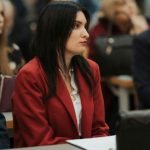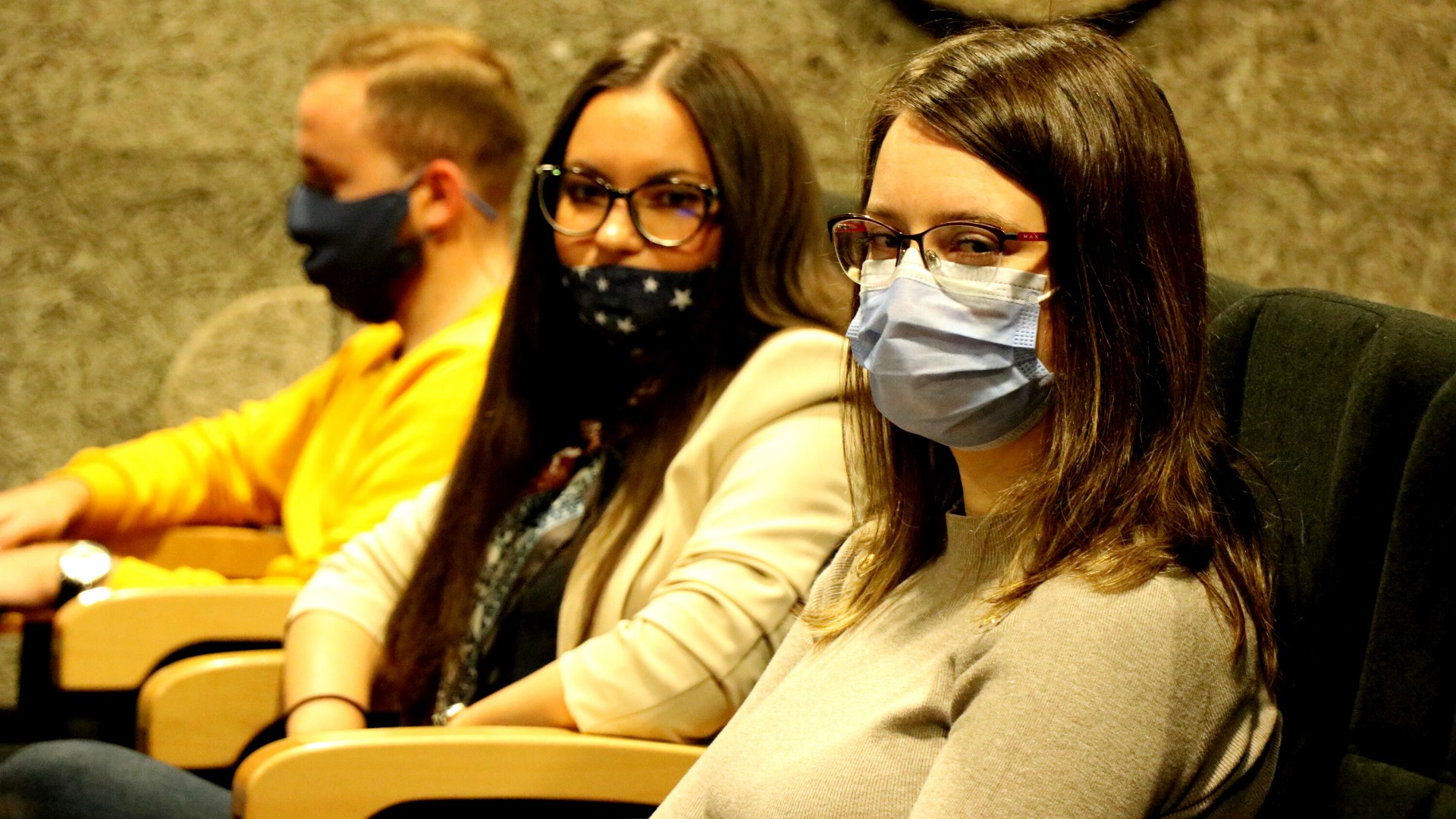
The Post-Conflict Research Center (PCRC) held the seventh training and mentoring program for Balkan Diskurs youth correspondents. Young people from different parts of the country had the opportunity to learn basic journalism techniques and simple photography skills that will help them in their further work and professional development.
“During this training, I worked with youth correspondents to help develop their photographs and visual stories. The group was very enthusiastic and responsive. We covered the composition, portraiture, basics of a photojournalism and elements of a photo essay. Everyone accepted the portrait task, and the result was excellent. They used the environment around them to take photographs that went beyond descriptive and interpreted the character of their subjects,” said one of the lecturers, photographer Paul Lowe, who also said that he was excited to see what this group of young correspondents would produce in the future.
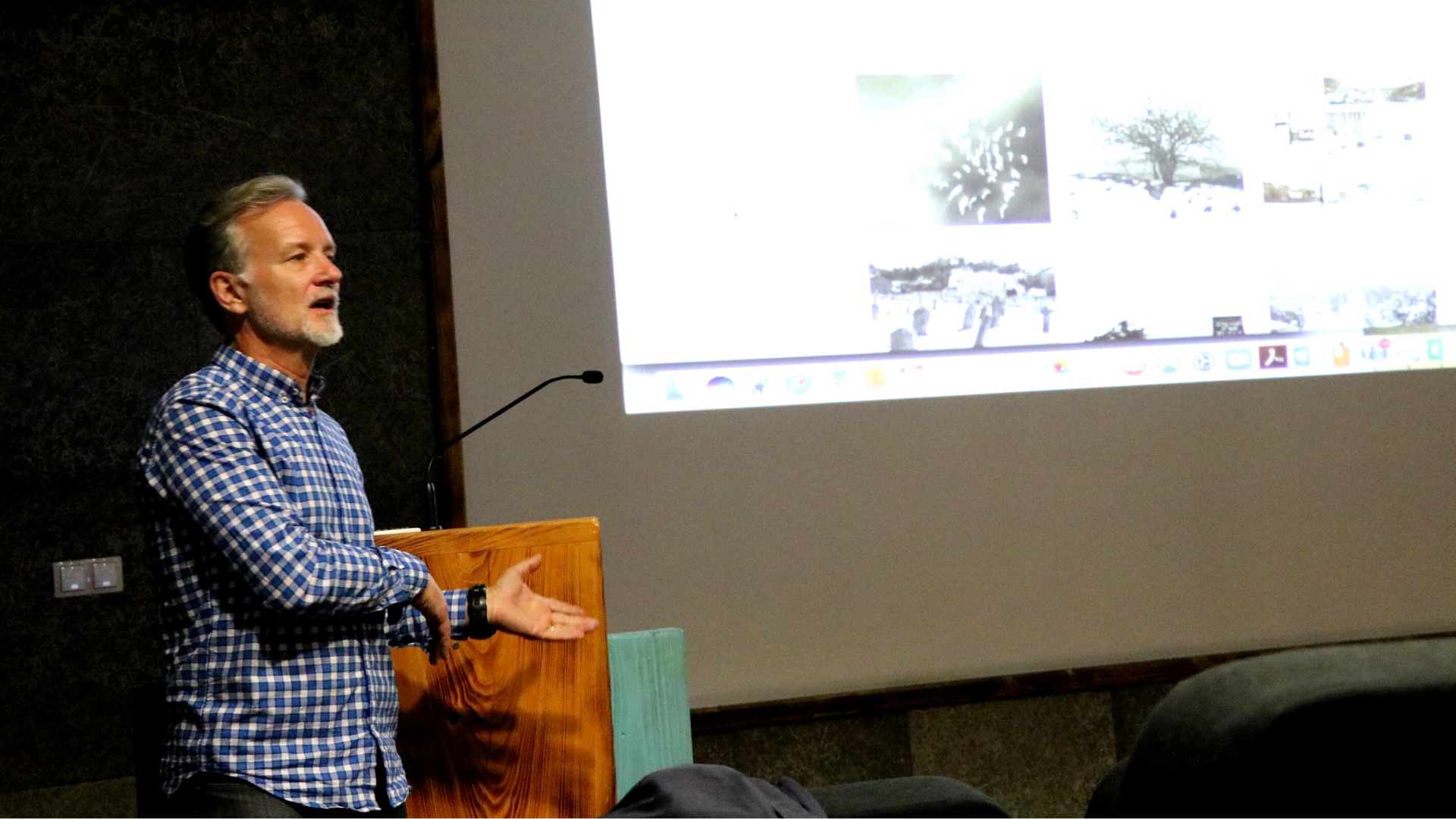
The first part of the training focused on investigative and civil journalism techniques, fair and balanced reporting, fact-checking, and interview techniques. The second part was dedicated to the use of photography and visual storytelling more broadly.
“The best part of this training for me was practicing writing articles and when we did interviews with other participants. I am very satisfied with this training and I hope that it will provide me with some good foundations for future work in journalism,” said one participant, Redžo Efendić, from Žepče. Redžo is a Bachelor’s student in Bosnian language and literature.
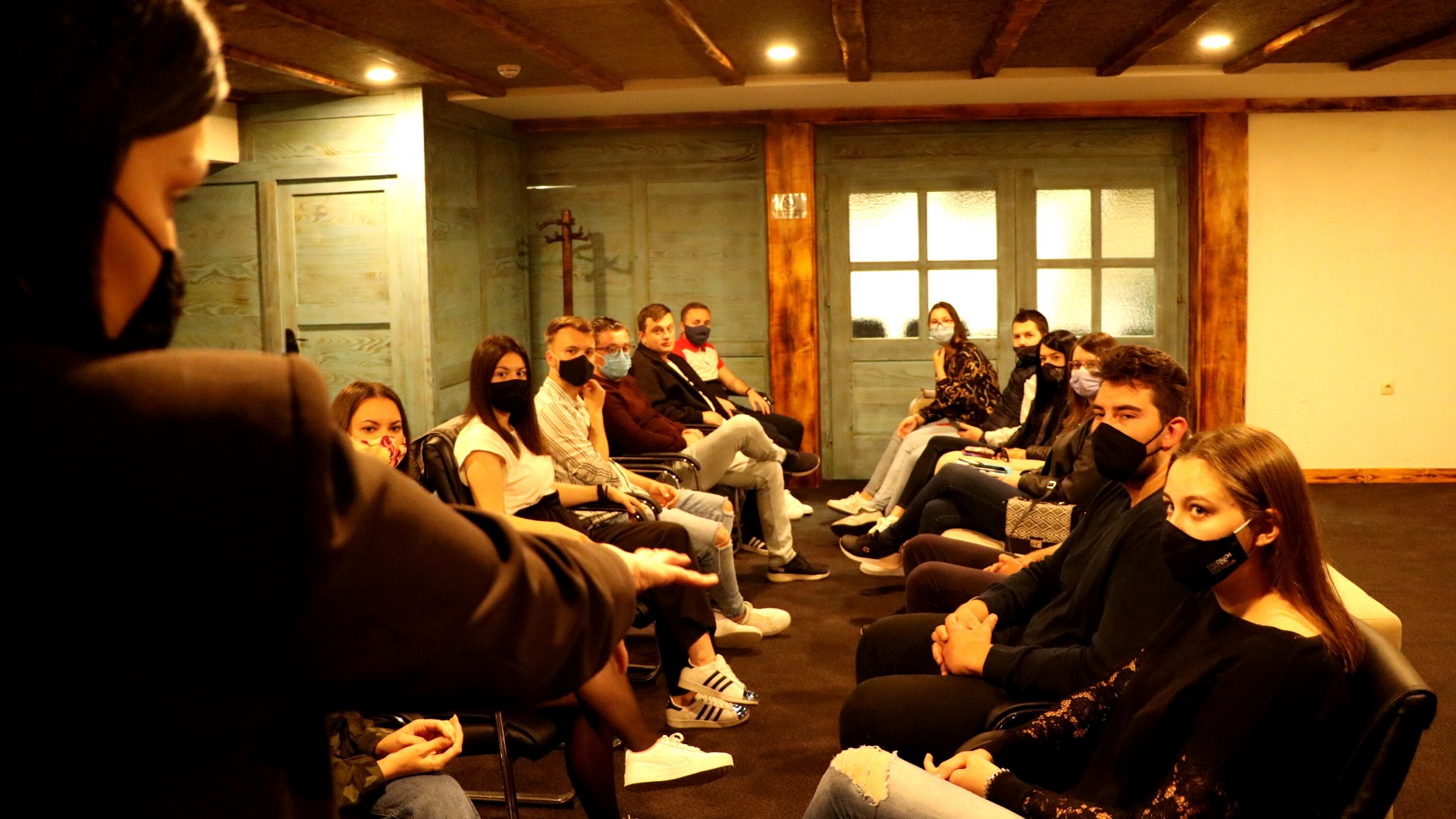
Matija Krivošić, a BHRT journalist and a public relations student from Mostar, pointed out that during the training he had the opportunity to listen to the personal experiences of renowned journalists and photographers.
“The themes of Balkan Diskurs are what I live for. The lecturers taught me how to write the essence of an article in a few words and make it effective, and how to structure the lead and the form of the interview. Photographer Paul Lowe also told us how a story can be told through photography and what are the best angles and effects for filming,” Matija said. Matija sees himself as an ambassador of peace and a mediator for young people, and he hopes to continue this in the future through his work for Balkan Diskurs.
One of the goals of the training was to present PCRC projects “Ordinary Heroes” and “Champions of Peace,” in order to introduce young people to the fight against negative stereotypes and prejudices of ethnic and minority groups in Bosnia and Herzegovina.

Marijana Vukmirica, a student of political science from Banja Luka, said she had a very positive experience at the training. “I have gained useful knowledge in the field of journalism and digital media, which I will apply in my work. I liked the lecturers and their professional approach. Also, I met wonderful young people from other cities in Bosnia and Herzegovina and I am satisfied with the overall organization of the training. I recommend all other young people apply for this training next year. ”
After this training, participants will publish their content on the topics of peacebuilding, dealing with the past, and the culture of remembrance on the multimedia platform Balkan Diskurs. PCRC will provide participants with the opportunity to earn some income by writing articles.
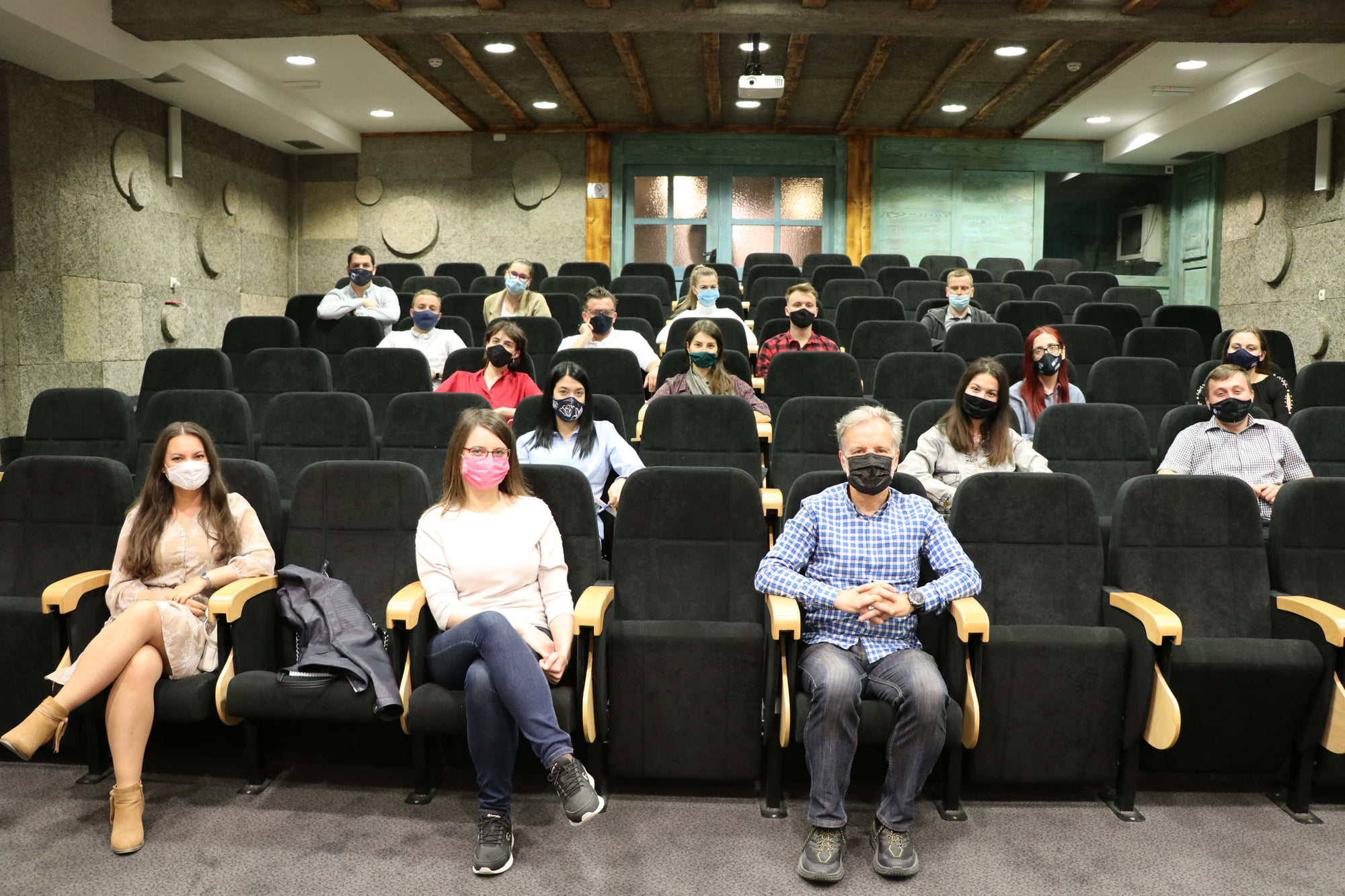
Balkan Diskurs Youth Correspondent Training and Mentorship program is made available through the generous support of the National Endowment for Democracy, Sigrid Rausing Trust, and the Rockefeller Brothers Fund. Special monitoring and evaluation support are provided by the Arts and Humanities Research Board and monitoring experts and researchers from the University of the Arts London, the London School of Economics, and King’s College London.



